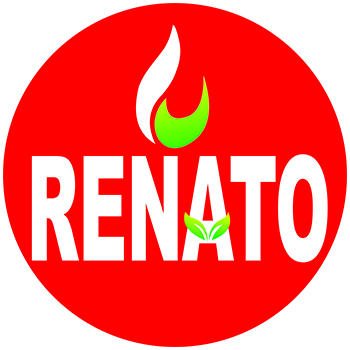Press mud & Bagasse
Overview

Benefits Of Press mud & Bagasse
Reduced Greenhouse Gas Emissions
The anaerobic digestion of press mud and bagasse in biogas plants produces methane, which can be captured and used as CBG. This process helps in reducing greenhouse gas emissions, mitigating the environmental impact associated with the open-field disposal of these waste materials.
Carbon Credits and Environmental Certifications
CBG production from press mud and bagasse may qualify for carbon credits and environmental certifications, providing additional financial incentives for projects that contribute to reducing carbon emissions.
Renewable Energy Generation
Press mud and bagasse are by-products of the sugar industry and are considered renewable resources. Utilizing these waste materials for CBG production contributes to the generation of clean and sustainable energy.
Waste Valorization
Press mud and bagasse are agricultural residues that are often considered as waste. By using them as feedstock for CBG production, there is a significant reduction in the amount of waste generated, leading to efficient waste valorization
